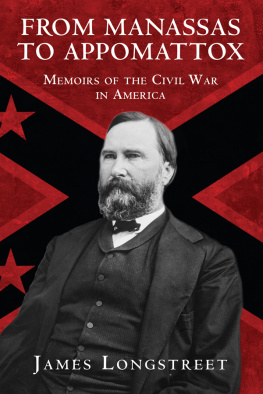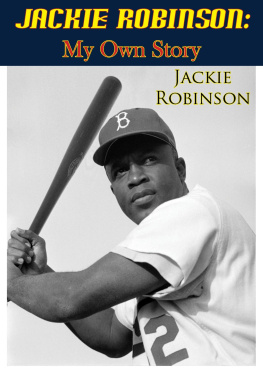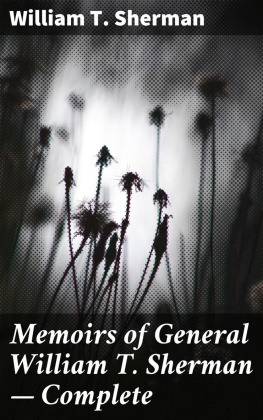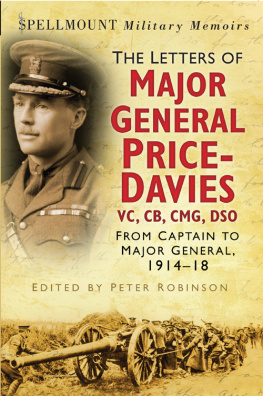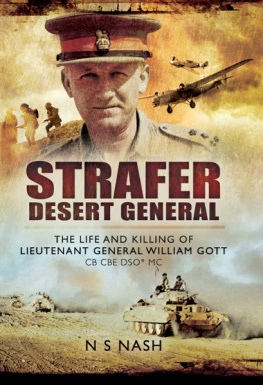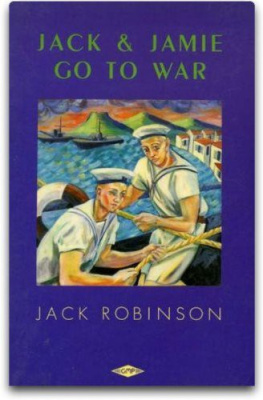This edition is published by PICKLE PARTNERS PUBLISHINGwww.pp-publishing.com
To join our mailing list for new titles or for issues with our bookspicklepublishing@gmail.com
Or on Facebook
Text originally published in 1836 under the same title.
Pickle Partners Publishing 2016, all rights reserved. No part of this publication may be reproduced, stored in a retrieval system or transmitted by any means, electrical, mechanical or otherwise without the written permission of the copyright holder.
Publishers Note
Although in most cases we have retained the Authors original spelling and grammar to authentically reproduce the work of the Author and the original intent of such material, some additional notes and clarifications have been added for the modern readers benefit.
We have also made every effort to include all maps and illustrations of the original edition the limitations of formatting do not allow of including larger maps, we will upload as many of these maps as possible.
MEMOIRS OF LIEUTENANT-GENERAL SIR THOMAS PICTON, G.C.B. &c.
INCLUDING HIS CORRESPONDENCE,
FROM ORIGINALS IN POSSESSION OF HIS FAMILY, &c.
BY
H. B. ROBINSON.
SECOND EDITION REVISED, WITH ADDITIONS.
IN TWO VOLUMES.
VOL. II.
CHAPTER I.
The route of the enemy followed.Colonel Napiers History and General Pictons Letter.Affair of Sabugal.Pictons projected attack.Retreat of the French army.Battle of Fuentes de Ooro.General Pictons letter relative to this engagement.Unsuccessful attempt to relieve Almeida.Battle of Albuera.Siege of Badajoz.
THE allied army followed the route of the enemy by easy marches until the 29 th ; General Picton having still to lead his troops over almost inaccessible paths amidst the mountains. The striking similarity of statements between Colonel Napiers history and General Pictons letter is here well worthy of remark. The historian observes:Early on the 29 th , the third, sixth, and light divisions, and two regiments of light cavalry, disposed in five columns of attack on a half-circle round the foot of the Guarda mountain, ascended by as many paths, all leading upon the town of Guarda, and outflanking both the right and left of the enemy. They were supported on one wing by the militia, on the other by the fifth division, and in the centre by the first and seventh divisions. A battle was expected, but the absence of Ney {1} was at once felt by both armies: the appearance of the allied columns for the first time threw the French into the greatest confusion; and, without firing a shot, this great and nearly impregnable position was abandoned.
The colonel then adds, that had the pursuit been as vigorous as the attack, it is not easy to see how the second corps could have rejoined Massna. Regnier, however, quitted Belmonte in the night, and recovered his communication with a loss of only three hundred prisoners, although the horse artillery and cavalry had been launched against him at daylight on the 30 th ; and much more could have been done if General Slade had pressed his cavalry forward with the celerity and vigour the occasion required.
A reference to the passage in General Pictons letter relating to this movement will evince the correspondence of facts; but it should be particularly remarked, that the date of General Pictons letter is the very same as that upon which this operation took place, and it must actually have been written while the tramp of the retreating foe was almost sounding in his ears. Colonel Napiers observation that the pursuit of the enemy was not so vigorous as the attack, is certainly not borne out by General Pictons statement, wherein he says:
Massna himself, with full twenty thousand men, was on the heights and in the city of Guarda when I made my appearance at nine o'clock in the morning with three British and two Portuguese regiments. This would imply that the advance, at least, of the third division was sufficiently bold and rapid to produce any advantages which pursuit could obtain; but whether it was from any delay in bringing forward the other divisions, or that the enemys reserve was in too great force for the allies to hazard any attack, a judgment may be formed by the succeeding passage of General Pictons letter:
This famous general (Massna), he continues, certainly showed little determination or talent on the occasion. With his great superiority of force, he should immediately have attacked me, notwithstanding the excellence of my position, which, independent of its strength, had a most commanding appearance; but he allowed me to remain within four hundred yards of his main body, threatening his rear, for above two hours before the other columns made their appearance. But, of course, their movements alarming him, at the same time decided him not to hazard an attack, the failure of which would probably have brought on the total discomfiture of his army.
From this it is quite evident, that whatever degree of censure may be attributed to the allies for not following up the pursuit with necessary vigour, still General Picton and his division are exempt; for it is shown that he had to wait two hours until the other columns made their appearance. {2} General Picton at the same time agrees with Colonel Napier, that much more might have been done had the cavalry been pressed on; but Picton, it will be perceived, attributes the neglect of this important movement to the difficulties of the country and the badness of the roads, which, in his opinion, rendered it impracticable. Apparently unwilling to quit Portugal entirely, Massna lost no opportunity of arresting the progress of the allies; and on the 3 rd of April he attempted to make another stand on the Coa, which brought on the affair of Sabugal. Colonel Beckwiths brigade of the light division, four companies of the Ninety-fifth, with two squadrons of cavalry, and three companies of Colonel Elders Caadores, supported by the Forty-third regiment, for a long time bore the whole brunt of the fight. This was occasioned by the attack being made somewhat prematurely. Colonel Napier, in speaking of this affair, observes:
The troops could not gain their respective posts of attack with that simultaneous regularity which is so essential to success; and in the light division no measures were taken by Sir William Erskine to put the columns in a right direction; the brigades were not even held together: he carried off the cavalry without even communicating with Colonel Beckwith; and this officer, who commanded the first brigade, being without instructions, halted at a ford in expectation of further orders. While thus waiting, a staff officer rode up, and somewhat hastily asked, why he did not attack? The thing appeared rash, but, with an enemy in his front, he could make no reply; wherefore, passing the river, which was deep and rapid, he mounted a very steep wooded hill on the other side.
The rain and mist for a time concealed their approach; but, as they drew nearer, they found that they were close to the left of the enemys main body, and opposed to a large column in front. None of the other divisions had yet reached their destination, and this small force was consequently in a very perilous situation. A most severe struggle ensued: attacked on all sides, and occasionally compelled to give way to the overwhelming pressure of the column to which they were opposed, still they recovered their ground the next moment at the point of the bayonet. Three successive charges were made by the Forty-third regiment with a resolution and courage which could not be resisted; thrice they beat back the solid masses of the French, and repulsed the attacks of their cavalry: but all would have been in vain; the whole force of the enemy had been called up, and were about to close in upon this heroic little band, when firing was heard on their left. This was from the leading brigade of the fighting division, under Major-General Colville.




